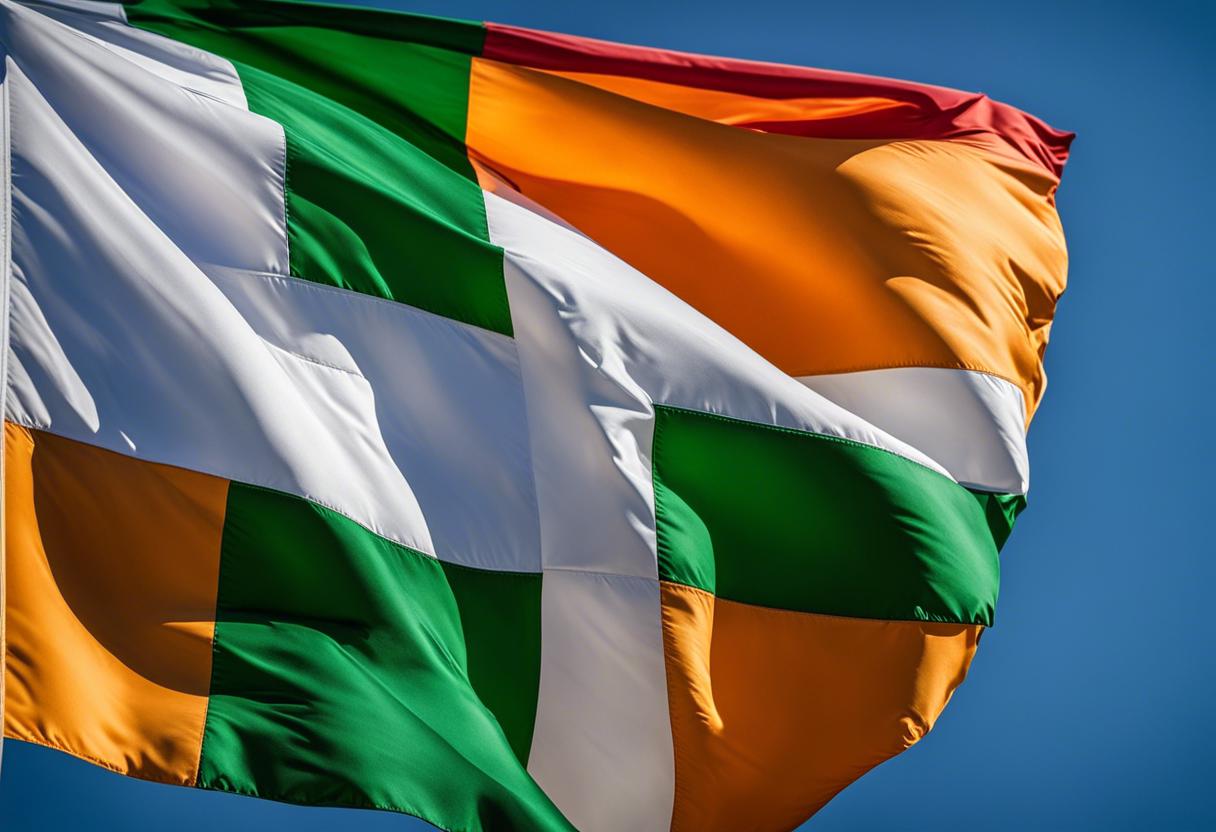What actions will he implement regarding housing? Will he terminate the Hate Speech Act? Is it likely that he’ll ease up on eco-friendly initiatives to reinforce Fine Gael’s waning agricultural support? Is there a chance he’ll introduce a financial aid programme for SMEs this summer? When is the anticipated timeframe for calling the elections, with internal government sources speculating a potential October-November window? What stance will he adopt on the unification issue – would it be similar to Varadkar’s enthusiastic green approach or Martin’s measured and gradual method? What are his plans concerning RTÉ? Could he persuade turncoat party members to remain? The list of potential queries regarding Simon-Harris’s actions seem endless, but eventually, Harris’s aptitude as a Taoiseach would fundamentally rely on some inherent personal traits, commonly prevalent in established holders of this and similar offices.
So, what credentials does one require? Primarily, temperament.
The distinguished American judge, Oliver Wendell Holmes once described Franklin D Roosevelt as possessing a second-rate intellect but first-class temperament, a statement echoed by Roy Jenkins, a notable British Labour and Liberal politician and author, about Tony Blair. This effectively highlights an inherent truth about political authority – character supersedes intellect.
Undeniably, a Taoiseach needs to be intellectually sharp, capable of swiftly understanding briefs and managing a plethora of, often conflicting, information, competent in comprehending intricate matters and identifying essential decisions. However, they’re not mandated to be Nobel laureates. Barack Obama, regarded as highly intellectual amongst recent US presidents, left an inconsistent legacy. Brian Cowen, widely admired for his astuteness, was overwhelmed by the Taoiseach role, akin to Gordon Brown’s stint as British Prime Minister. It is crucial not to be daunted by decisions and topics, many of which could significantly impact citizens’ lives.
This necessitates a consistent temperament, together with a robust character and high self-confidence, and the resilience to confront, not evade, challenges. Because, in the Taoiseach’s office, troubles have a way of finding you.
Secondly, it demands stamina.
It’s widely accepted in the world of politics that individuals with no experience might somehow outperform those dedicated to it professionally. A typical example lies in the notion of ‘appointing Michael O’Leary as taoiseach’, a school of thought in political analysis.
The role of a taoiseach is mentally and physically exhausting – it pervades every moment of every day. Upon his exit, Enda Kenny described it as being owned by the public in a unique way unimaginable to many. This sentiment was echoed by a Cabinet member regarding Leo Varadkar’s fatigue, reinforced by anyone who interacted closely with the outgoing taoiseach.
Consider a single day from the taoiseach’s publicly disclosed schedule from January 24th of the previous year as an example. The day began at 8.45am with a press interview at the Government Buildings, followed by a pre-Cabinet meeting with Fine Gael ministers within the same premises. This led without break into the comprehensive Cabinet meeting meant to conclude at 1pm. Then, amidst arguably a sandwich-filled preparation period, it was off to the Dáil for 2pm for the Leaders’ Questions, succeeded by the Order of Business and taoiseach’s questions. A Dáil speech by Paschal Donohoe related to an explosive debate regarding election posters awaited next. An hour-long appointment from 4:15pm-5:30pm had been censored from the record – potential reasons span from party politics, matters of security, to personal errands. After meeting the US ambassador Clare Cronin at 5:30pm, the day ended with a keynote speech at the Irish Farmers’ Association’s AGM and annual dinner held at the Irish Farm Centre, which was scheduled to end at 10pm.
Consider the following aspects about this particular case. First, it wasn’t a particularly bustling day. Second, it disregards the numerous brief conversations, whispered remarks and appeals for mediation that the prime minister commonly receives from colleagues and officials during the day. Lastly, the prime minister is always the focal point at these occasions, expected to be in full command of his role.
Next, judgment. The prime minister has access to a wealth of advice on both policy and politics from his civil servants, political advisers, associates, and the informal network built up by the time they assume high office. However, he is the one who makes the decisions and takes responsibility for the outcomes.
Considerations on how his decisions will be viewed globally and whether he is making the correct choices are critical. Will his actions be accepted by the people? Is his conduct appropriate for a prime minister? But it goes beyond personal: Is this in the long-term best interest of Ireland? Successful judgment demands not only subject matter knowledge, but also an almost innate understanding of what is necessary.
Lastly, there’s an element even the newest prime minister has no influence over: fortune. Napoleon had a preference for fortunate generals. Pure bad luck has the potential to derail a premiership, or at least significantly challenge it. Unpredictable changes in weather, international incidents or resurfacing scandals can suddenly throw a government into turmoil. Most people will extend good wishes to the new prime minister. He’s going to need it.
[ Simon Harris smoothly ascends the ranks, reflecting the survival of the fittest ]
The argument has been reiterated in this and other dialogues that politics is possibly the only profession where it’s often assumed that individuals with no experience can outperform those who dedicate their lives to the field. This is what could be called the “appoint Michael O’Leary as prime minister” school of thought. This said, you wouldn’t find Ryanair shareholders demanding someone without any airline management experience – like Simon Harris, for example – to be appointed as their CEO. Why do you suppose that is? The role of prime minister is unique in comparison to other jobs in the country. Anyone who believes it’s easy doesn’t fully understand the complexities involved.

